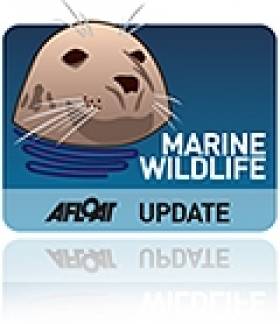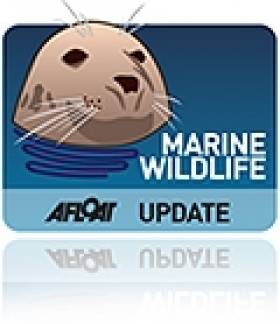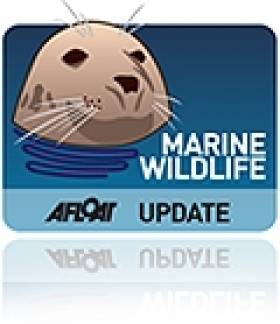Displaying items by tag: Wildlife Trusts
#MarineWildlife - UK environmentalists have expressed their disappointment at the British government's slow progress on developing its promised network of Marine Conservation Zones (MCZs), as the Belfast Telegraph reports.
The consultation period was for the proposals was set to end on Sunday 31 March - amid fears among conservation groups that were realised some months ago with the news that just 31 out of a potential 127 sites would be designated as protected for marine wildlife and plantlife by the end of this year.
It's being reported that Environment Minister Richard Beynon is blaming budget cuts and the high cost of scientific assessment for the slowdown in progress on the government's side.
"I want to do as many zones as we can for as little as we can," he told the BBC. "People have waited many years for this; we will designate the first tranche in September and will announce the next lot for consultation then."
The Royal Yachting Association (RYA) said in December that it was "encouraged" by the British government's "sensible" phased approach to the MCZ plans.
However, conservationists like Jolyon Chesworth from the Wildlife Trusts argue that their interests are being asked "to compromise on a compromise".
Chesworth added that the original 127 zones "were only nominated after very long discussions with anglers, sailors and the fishing industry".
The Belfast Telegraph has more on the story HERE.
Water Users Speak Out Over UK Marine Conservation Proposals
#MARINE WILDLIFE - Sailors, fishermen and SCUBA divers in England's West Country could face "tough new restrictions" if plans for conservation zones in the Irish Sea and around the UK coast go ahead.
According to This Is Cornwall, groups representing water users argue that marine protection plans "would have severe knock-on effects on those who rely on the south west's coastline for employment and leisure".
Alana Murphy of the Royal Yachting Association said: "A lot of the small inshore areas proposed as conservation zones coincide with estuaries and bays that are used by sailors for mooring, or for laying buoys for racing. We are concerned we could lose important sailing areas."
Companies involved in offshore renewable energy have voiced their concerns on the impact of marine reserved on their development, while the National Federation of Fishermen's Organisations added that the scale of proposed fishing reserves was too great, and could potentially push commercial fishermen "to other areas which will then get overfished".
As previously reported on Afloat.ie, the UK's Wildlife Trusts have expressed dismay that plans to establish Marine Conservation Zones in the Irish Sea and elsewhere have been shelved till at least next year after pressure from fishermen, boaters and other groups.
Irish Sea Far From 'Dirty, Lifeless' Says New Website
#MARINE WILDLIFE - The UK's Wildlife Trusts have launched a new website in an effort to redress the idea that the Irish Sea is "a dirty, lifeless" place.
As BBC News reports, the trusts' Cheryl Nicholson put down the Irish Sea's poor image, saying "nothing could be further from the truth".
"Our sea is home to so many amazing species and habitats," she added, "but sadly, after centuries of neglect, it is not in a good state. We must act now to protect the Irish Sea from the depths through to the coastal shallows."
The new website is part of a campaign by wildlife trusts throughout northwest England, Wales, Northern Ireland and the Isle of Man to establish 15 Marine Conservation Zones recommended for the area.
The zones, if officially designated, would provide "a haven for wildlife to recover and thrive", said Nicholson.
As previously reported on Afloat.ie, plans to establish such zones in the Irish Sea have been shelved till 2013 at the earliest after pressure from fishermen, boaters and other groups.
BBC News has more on the story HERE.

































































